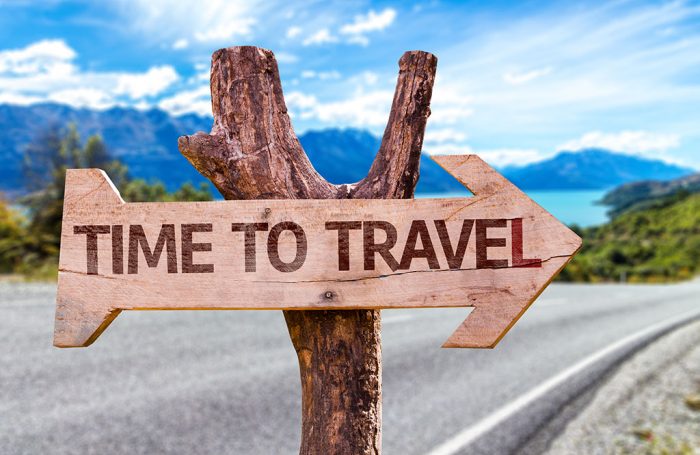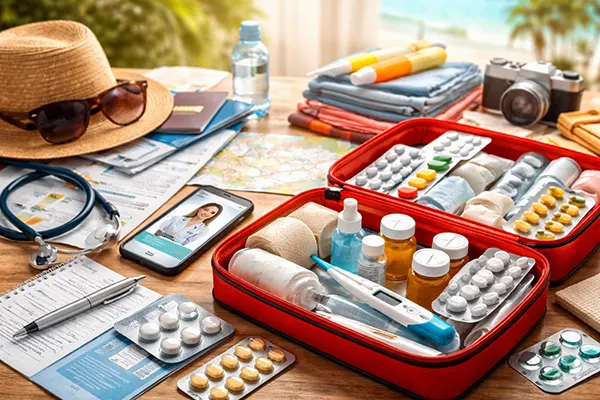
How to plan a road trip
Road trip is a great holiday option. You can drive to the seaside, or take a tour of historic or simply beautiful places. Travelling by car gives considerably more freedom, as travellers are not bound to the routes and schedules of the railways or airlines.
However, for a road trip to be enjoyable and without any unpleasant surprises, certain factors should be taken into consideration.
Research
Study the specifics of the area you intend to visit. Before travelling it is advisable to get as much information as possible about the area you are going to. All types of information are important: local traditions and customs, cuisine, climate and other special considerations. A winter road trip through mountainous terrain will be enjoyable for extreme and thrill-seekers. If you choose to travel to southern regions in summer, you should be prepared for presence of many tourists and respective inconveniences connected with influx of vacationers.
Time management
Put together a travel time line. Yes, you are going on holiday. Yes, you want to have fun. But it is still advisable to plan as carefully as possible voyage, at least in order to visit all the major attractions. Categorically not recommended to travel on the principle of “a gallop across Europe”. Make sure you leave time in your timeline for short stops to get out of the car and stretch, as well as longer stops at various destinations.
Geolocation
Be sure to bring an up-to-date paper map of the area. It may be a good idea to bring a map of the area, as some popular online maps are handy enough to get around. There may be communication failure or machinery unexpectedly “please” you out of operation.

Financial expenditure
Decide on a budget for the trip. This is a very important planning stage. Itinerary must be planned in such a way that you have enough money for gasoline, accommodation, food, entertainment, souvenirs and other expenses. It is also highly recommended by experienced travellers that approximately 20% of the travel budget be set aside as an emergency fund for unforeseen expenses like car repairs, medical care or anything else.
Overnight accommodation
Make hotel reservations in advance. This is a must, especially if you are travelling to a popular tourist destination. If there is a choice between staying in large chain hotels and mini-hotels, it is best to choose the latter. They tend to be cheaper and a mini-hotel provides a better sense of the local flavour.
No need to pack unnecessary items
Take care of your luggage. Don’t bring excess luggage, but take care what you need. They will certainly include: communication devices, chargers, toiletries and, for women, cosmetics. Also, even if it’s a summer trip, it’s advisable to put at least a warm jumper and a sweatshirt for everyone in the car in case of unpleasant surprises. You should also bring an adequate supply of water and food that does not require cooking for a long time.




